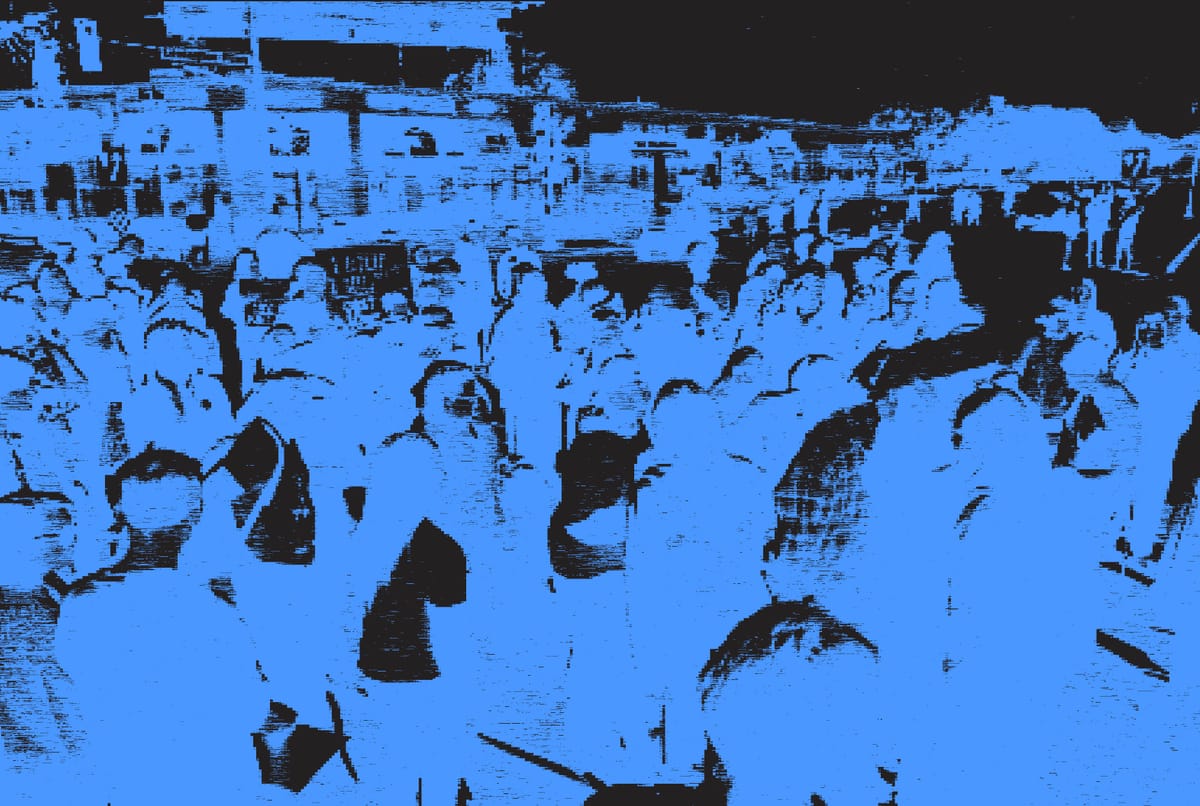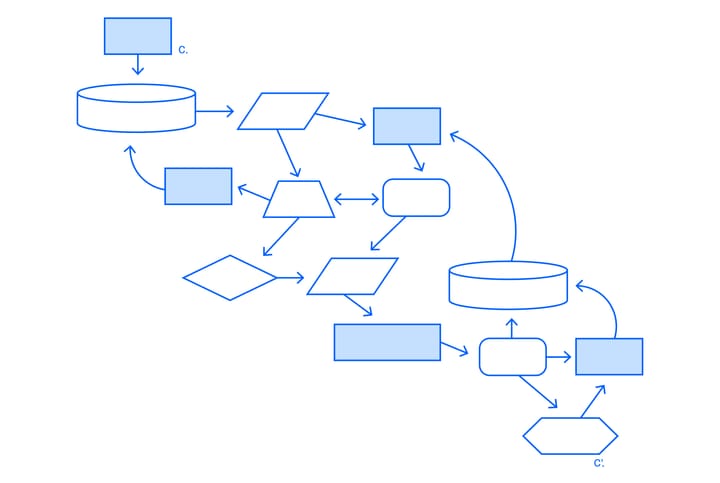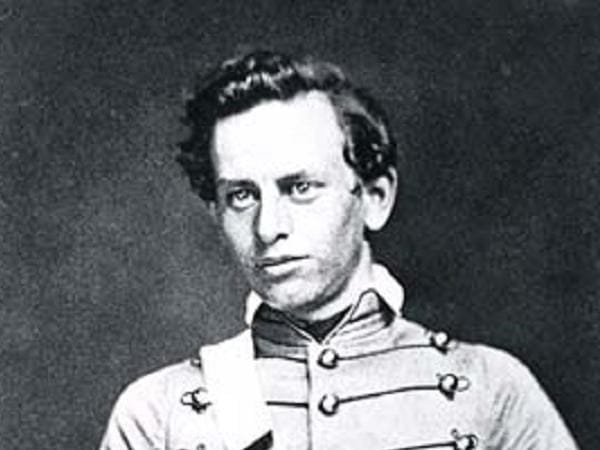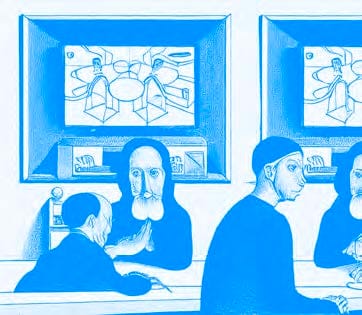Faced with the demands of a hyper-accelerated world, people are increasingly looking for an escape. But freedom won’t be found in withdrawal—from work, cities, or politics. Only a struggle over how we spend our time will liberate us.
Many have seized on similarities between the ‘60s student-led revolt and the return of politics in the 2010s. Though the recent experience of Millennials has been much less radical than that of the Boomers, the ultimate contribution of both might end up being a cultural shift—in our times, toward the hyperactive cultural liberalism known as the “Great Awokening,” as well as in the long hangover that follows frustrated politicization.
Indeed, journalist Ryan Zickgraf has recently argued that “there are ominous signs… that we are drifting toward a cyberpunk-themed reboot of the 1970s”—a 2020s characterized by accelerated social decline and a turn away from politics. “Just as the revolutionary fervor of 1968 exhausted itself and begat the American withdrawal into the navel-gazing Me Decade, we may be knee-deep in the Me Too Decade, but rebranded with the veneer of the political: self-care touted as a radical act.” We are now faced with a period of withdrawal and disengagement, with a turn to the private and the individual, after a decade that strove for something more public and collective.
Is the failure of that attempt generating new political forms of withdrawal, as paradoxical as that may sound? If so, it may be that we are not just sick of the culture wars, but also worn thin by an accelerated rhythm of life that permits us ever less control over our own, human affairs.
Hyperpolitics is Driving Us Crazy
The 2010s was characterized by the politics of anti-politics—an angry rejection of the political establishment. Easy internet organizing spawned proliferating protests, replete with slogans but light on outcomes. Hypermedia inundated us with words, images, sounds, and links. Things that weren’t political got politicized, and politics began to happen in places where it previously didn’t. Your new favorite musical artist or cooking show was called out for being a vanguard of actual fascism or cultural Marxism. And the family, once a “haven in a heartless world,” was now the site of political antagonism, a litmus test for how seriously one takes politics. This melding of private and public, of high and low, inside and outside, domestic and foreign, could be called hyperpolitics: a sense of politics being everywhere and nowhere at the same time.
The interests of corporations and state managers continue to rule the day because the structures that once contained political energy are gone. When politics is alive, things become fluid. Fluids need containers: politics needs institutions and organizations so as to be effective. Both participation and party have the word “part” in them, as in being one “part” of society—a distinct group with distinct interests. Today, participation has been superseded by engagement. This is something you do by commenting, posting, shouting, or showing up. What all this engagement amounts to is a “public” sphere that is nothing more than a cacophony of private voices. It’s incredibly noisy, agitated, and impotent. Contrary to optimistic hopes about the return of politics, it may be that “electoral politics based around involving people through internet solicitation… inevitably produces a de-politicisation of those whose participation is the ostensible goal,” writes essayist and art critic Jonathan Crary. This new digital-media driven “politics” is aligned with consumerism and self-administration, and therefore devoid of subversive power. The deinstitutionalized individual who is engaged through the repertoires of surveys, polls, clicks, and shares, is often disengaged from deeper political questions—and even from life itself.
We are being driven crazy, and the end result of all this engagement may not be the power to change the world but a shocking loss of autonomy.




